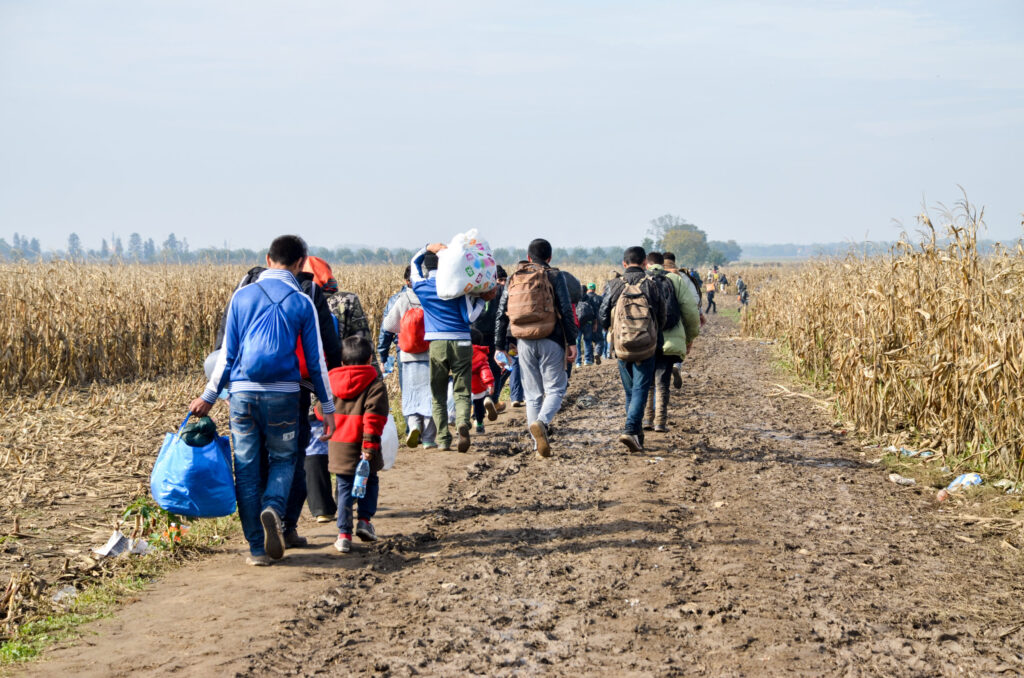NPR conflates racism and following international law
March 4, 2022
NPR suggests racism in a new piece when people are just following international law. Given the budget at NPR, it should probably be able to do better than this.
The comments are about the flood of refugees out of Ukraine in the face of the Russian invasion.
“Race, culture and politics underpin how — or if — refugees are welcomed in Europe,” the piece is headlined.
No, it’s international law.
“The open-arm welcome for those fleeing Ukraine stands in sharp contrast to the treatment of previous waves of refugees from places like Iraq, Syria and Afghanistan. Just two months earlier, Orbán said Hungary was keeping its restrictive immigration policies: ‘[W]e aren’t going to let anyone in.’”
It’s international law.
This is largely misunderstood but it is the actual situation – something NPR at least, given its storied character, should grasp.
Refugees – from, say, a war – have an absolute right to safe haven, to asylum, in the first safe country they can reach. This is not negotiable, is not reliant upon who they are, which is the country they’re leaving nor entering. If you are at risk in your homeland then that first safe place you can reach must – must, absolutely – let you in.
A quick glance at a map will show that there are 7 countries surrounding Ukraine. Two of them are sending in the invading troops – Belarus and Russia. Poland, Slovakia, Romania, Hungary and Moldova are all allowing any and every person from Ukraine to cross the border. That’s what international law says should happen, that is what is happening.
The confusion comes from people who are hoping to access the second, or fourth, or more, safe country they can reach. Of course, any country can allow in whoever it wants. Many do, of course, allow many in. Equally, any refugee can ask anyone at all for that asylum.But the difference is that the choice remains with the country being asked.
Iraqis, Syrians, Afghans, knocking on Hungary’s door may, or may not be, granted entry and asylum. That’s Hungary’s choice. Perhaps they should do more, perhaps they shouldn’t. But that’s entirely different from the Ukrainian situation.
NPR has, by news organization standards, a massive budget. By some listings, it’s the No. 3 outlet in the U.S. The website gains 82 million visits a month and then there is, of course, the radio output itself. It’s a significant part of the media landscape.
NPR should know this, it’s a basic distinction that any and every journalist should be aware of. Accuracy is especially important in time of war. There’s a major legal difference in the treatment of refugees at those eastern borders of Europe. Given the current events in Ukraine, those asking must be allowed in. That’s just how international law works, there is no choice in this matter. That’s not true of those who ask when there isn’t a war on.
